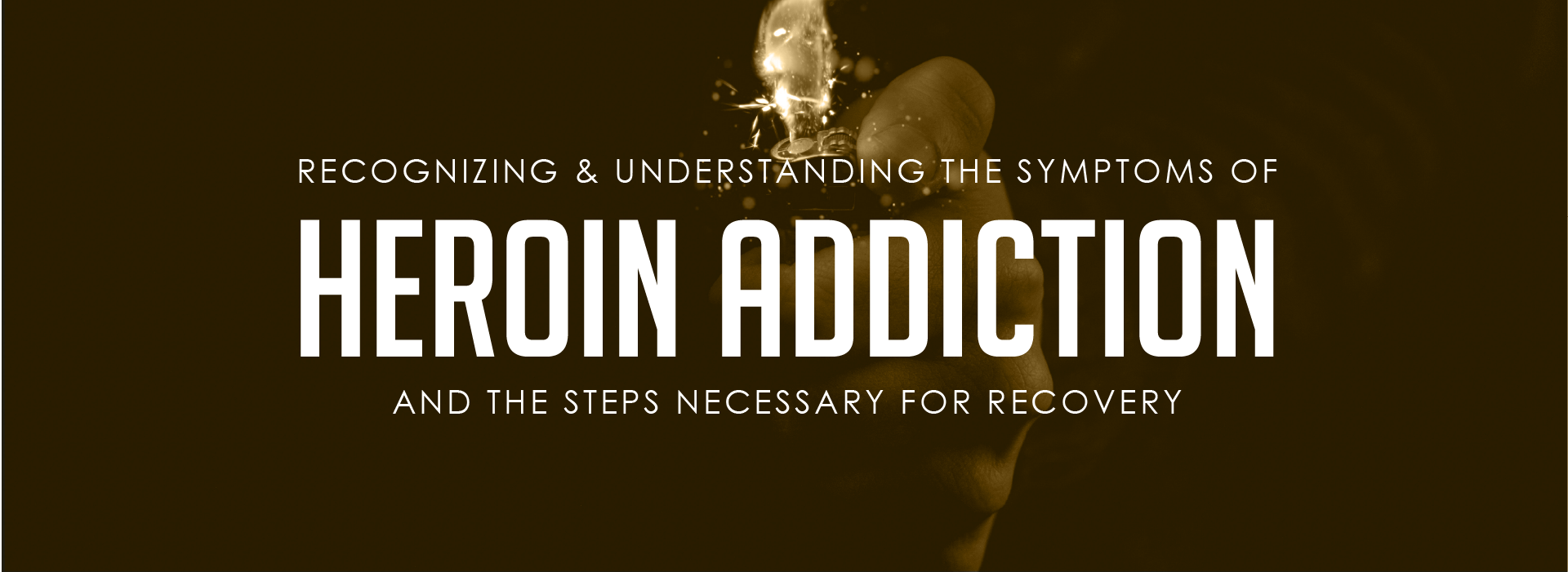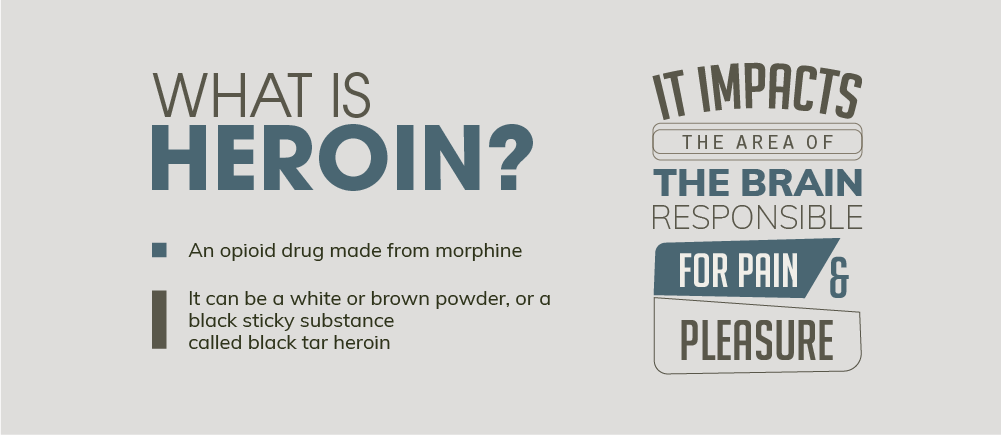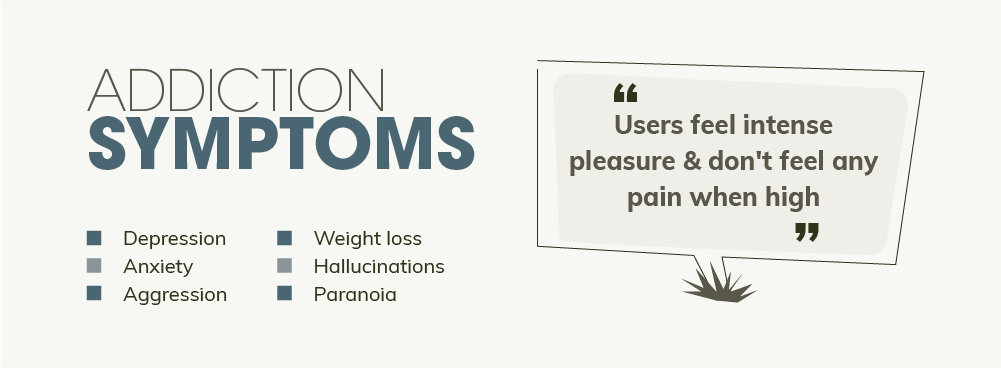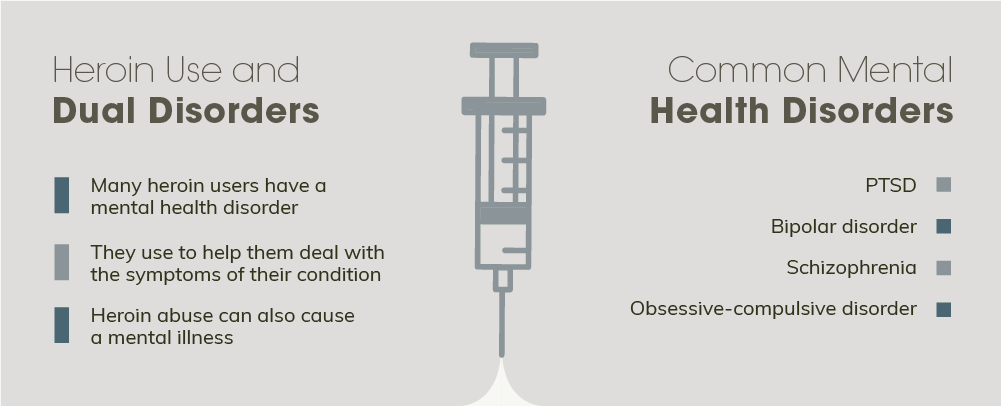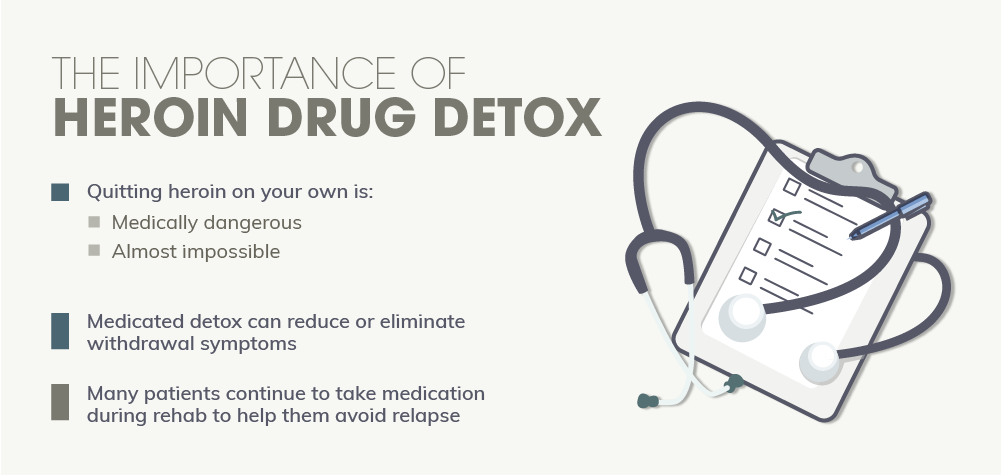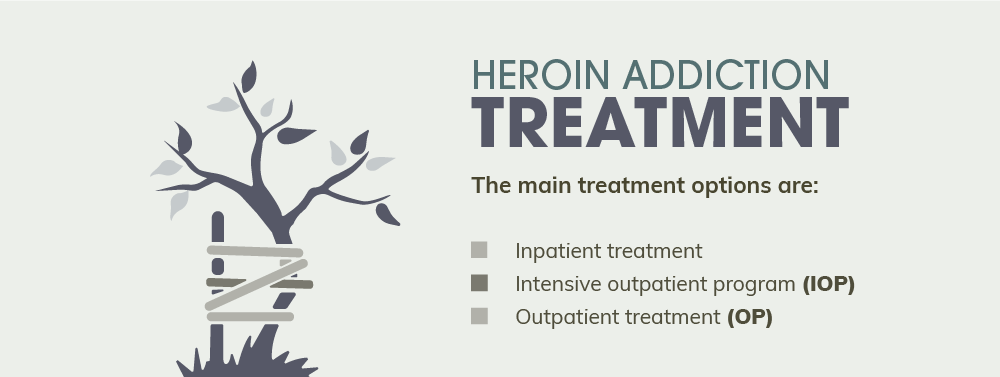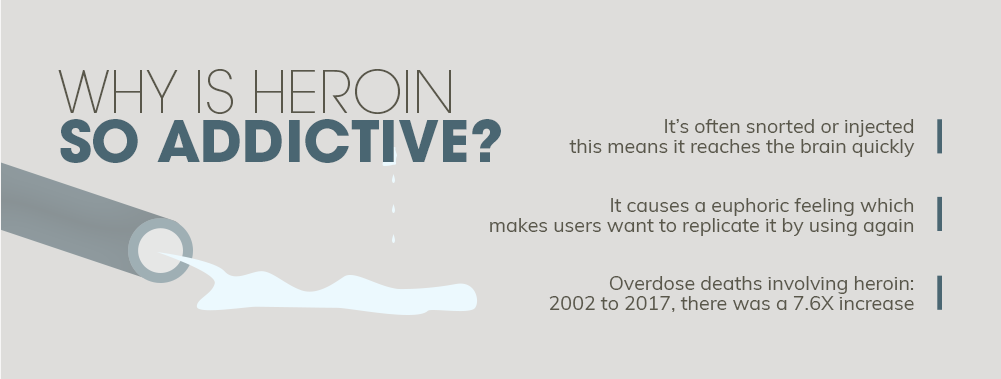People who have been addicted to heroin for months or even years will show other signs. They will look unkempt and haggard, often from not showering for days or changing clothes. They lose interest in everything around them except for their drug use. Many times, a heroin addict will lose their job and home, becoming homeless and penniless.
The addict may be in and out of jail as they steal and do other things to get money for their addiction. They will often appear sickly and may have a constant cold as their immune system is weakened. In time, the person will likely develop chronic health conditions from the damage done to their body. This may include breathing and heart issues.

